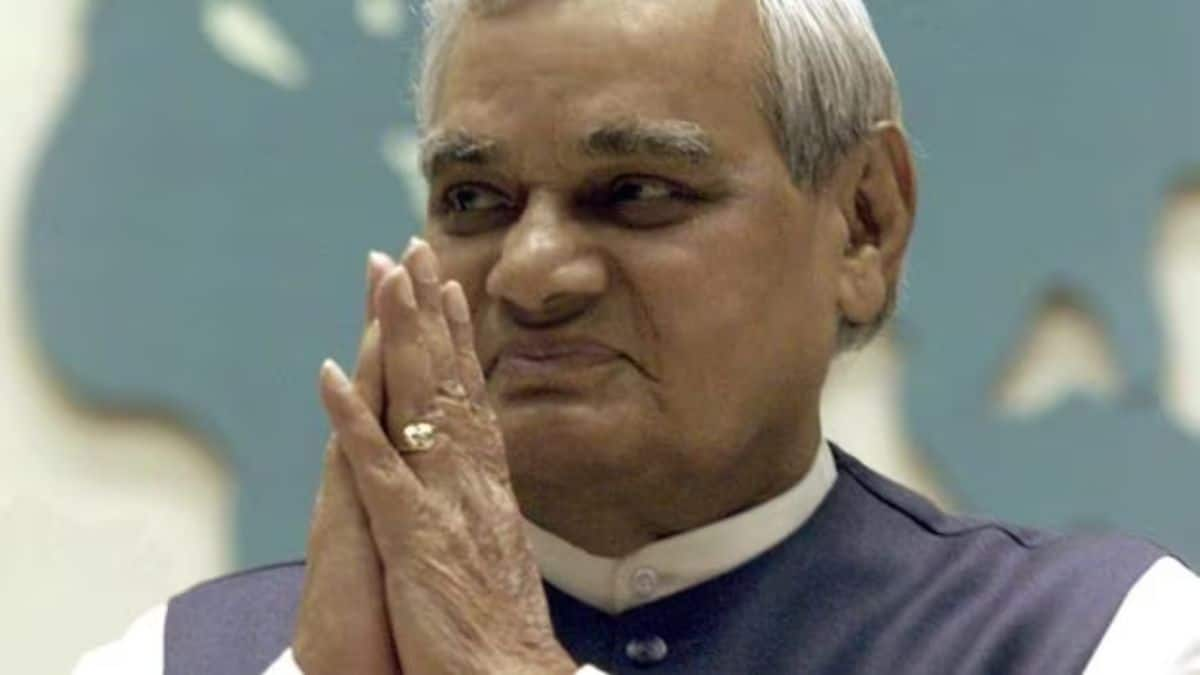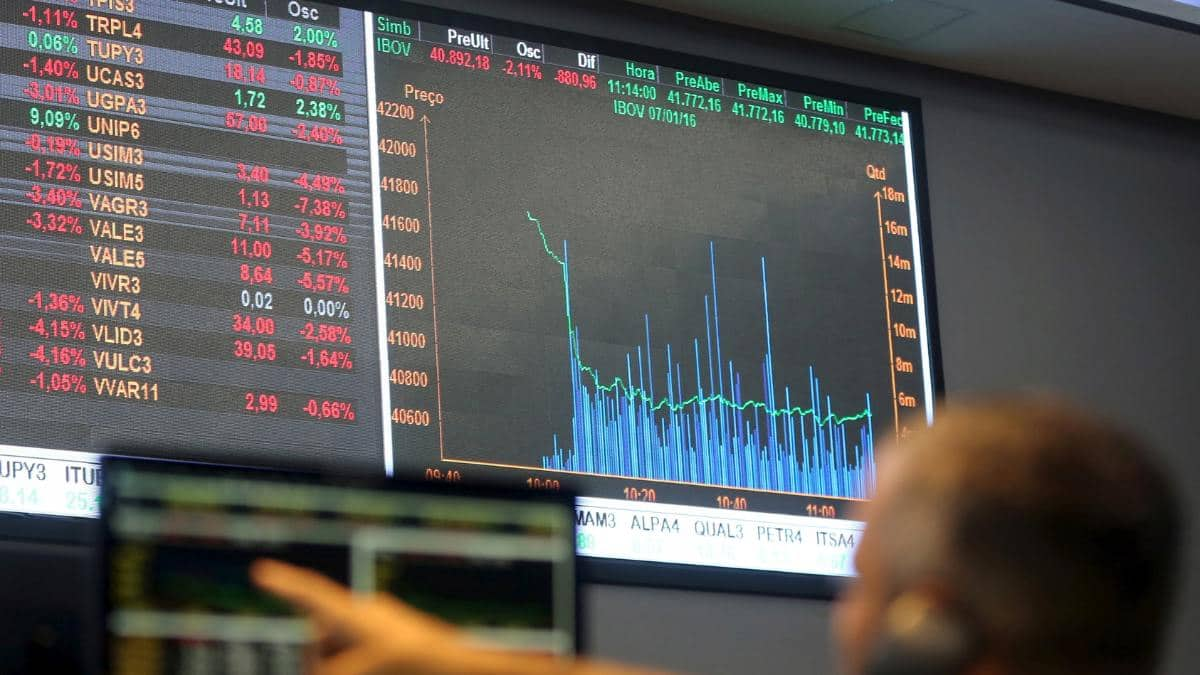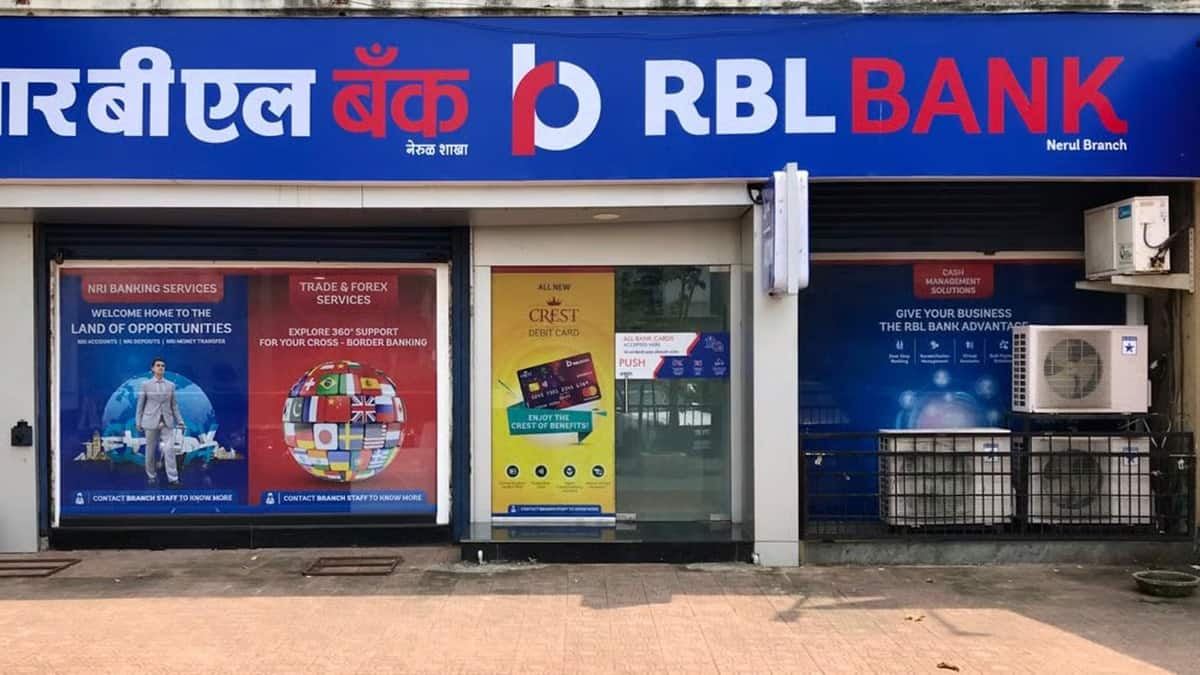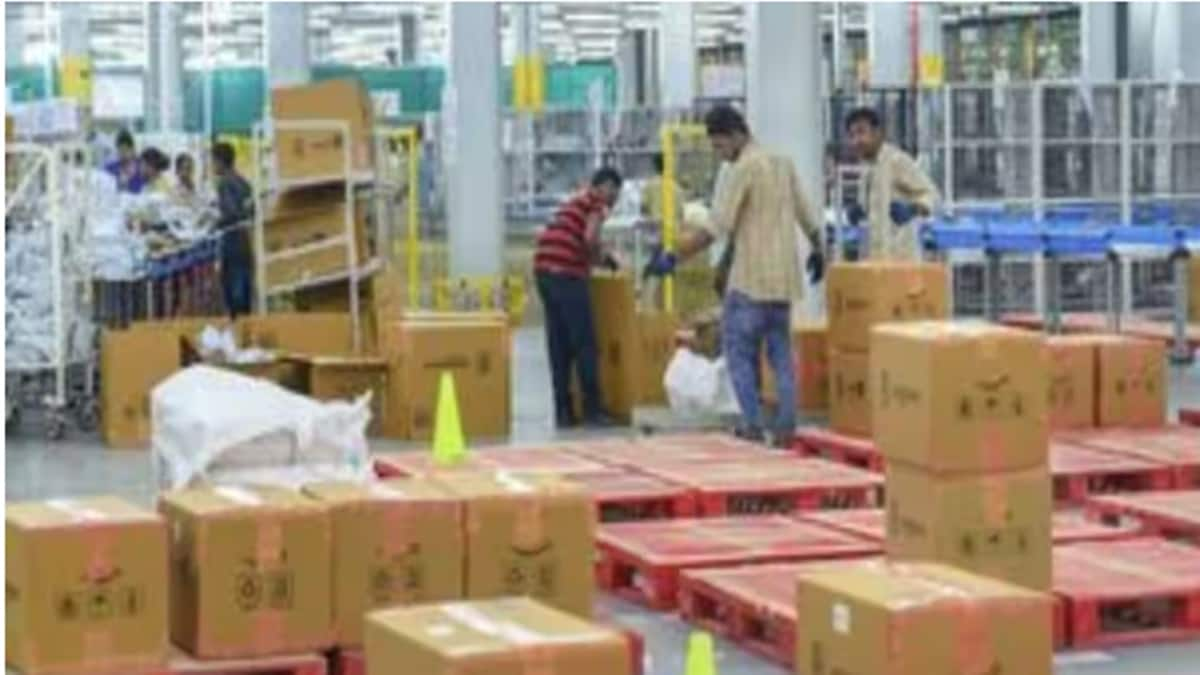Remembering Bharat Ratna Atal Bihari Vajpayee on his 99th birth anniversary: Kargil to Kandhaar, top moments of his legacy

Atal Bihari Vajpayee, the charismatic poet-politician who served as India’s 10th Prime Minister for three non-consecutive terms, remains a towering figure in the nation’s history.
Vajpayee passed away at the age of 93 on August 16, 2018. His health had been a growing concern after a stroke in 2009 impaired his speech and led to his reliance on a wheelchair. His condition worsened as reports indicated he struggled with recognizing people, battled dementia, and grappled with long-term diabetes. For several years, he withdrew from public life, rarely venturing out except for medical checkups at AIIMS. On June 11, 2018, he was hospitalized at AIIMS due to a severe kidney infection shortly after which he passed away. His demise marked the end of an era for Indian politics, leaving behind a legacy of statesmanship and leadership.
During his tenure as prime minister, India confronted security hurdles including Kargil, Kandahar hijacking, and the Parliament attack. He managed to navigate through it all using a balanced approach of diplomacy and military force.
The soon-to-release biopic drama, “Main Atal Hoon”, has been written by Ravi Rishi Virmani and directed by Ravi Jadhav. The trailer of this Pankaj Tripathi starrer movie was released recently which shared a glimpse of the former Prime Minister’s life.
Here are some key decisive moments that Vajpayee took during his tenure:
Kargil War, 1999
Vajpayee’s bus journey from Amritsar to Lahore in 1999 marked a promising start for India-Pakistan relations. However, despite the hopeful Lahore Declaration, the Pakistan Army’s secret operation in Kargil led to a brief but unsuccessful conflict. Vajpayee, striving for peace, also authorized military action when needed. During the Kargil conflict, he approved the use of airpower, emphasizing a defensive strategy without crossing the Line of Control.
Kandahar hijacking, 1999
In December 1999, five terrorists hijacked an Indian Airlines flight IC 814 carrying around 190 passengers from Kathmandu to New Delhi. They redirected the plane to Kandahar, located in Afghanistan under Taliban rule at that time. The Vajpayee government acquiesced to the hijackers’ demands. Jaswant Singh, the Foreign Minister then, escorted the terrorists – Masood Azhar, Omar Saeed Sheikh, and Mushtaq Ahmed Zargar – to Kandahar in exchange for the release of the captive passengers.
Parliament attack, 2001
Five heavily armed terrorists attacked the Parliament complex, causing chaos and killing nine individuals. This horrendous assault led India to deploy its troops along the border with Pakistan in a mission called ‘Operation Parakram,’ which lasted almost 11 months.
Speaking about this troop mobilization, Parthasarathy mentioned that Vajpayee, in response to the Parliament attack, ordered the mobilization of forces along the border, exerting significant pressure on Pakistan. This led Pakistan to declare a ceasefire and resume dialogues, prompted by President Musharraf’s assurance that Pakistani-controlled territory would not be utilized for terrorist activities.
Vajpayee showed a willingness to pursue peace earnestly, yet he also demonstrated a readiness to use military force to protect the nation’s interests, as seen during the Kargil conflict and the subsequent military deployment following the Parliament attack.
Vajpayee was known for his strong dedication to peace and protecting his country. He was prepared to use both diplomacy and military strategies to keep India safe and secure its interests.



Leave a Comment